Cholesterol can be a complex issue. On the one hand, your body needs cholesterol for many different functions. On the other hand, too much of it can be dangerous and increase someone’s chances of heart-related diseases or complications. But what causes high cholesterol, and what can be done to help manage it?
“We are discovering more about what impacts a person’s cholesterol levels from genetics to diet to lifestyle habits, and it is becoming more clear that genetics play a larger role in how the body processes cholesterol and one’s risk for high cholesterol,” says registered dietitian Trista Best, MPH, RD, LD at Balance One Supplements. “Still, there are some dietary habits that can exacerbate or lead to high cholesterol.”
Continue reading to learn more about certain vegetables that can help us lower and manage our cholesterol levels. And for more healthy eating tips, check out 7 Incredible Side Effects of Giving Up Cheese.
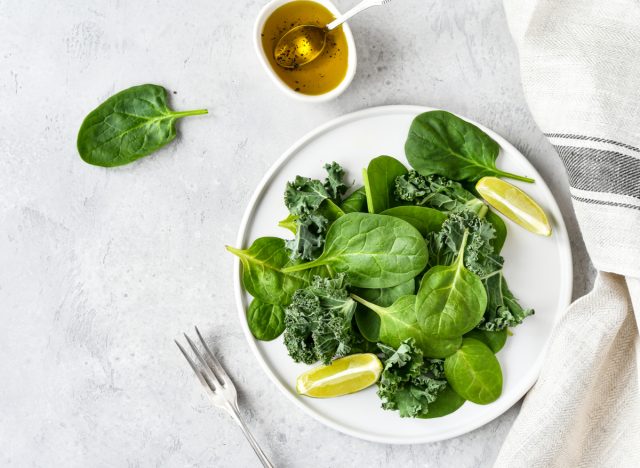

Spinach is packed full of vitamins, minerals, and nutrients that your body needs, especially when it comes to managing your heart health.
“Fiber can reduce the bad cholesterol circulating throughout the body. This is because fiber and cholesterol will stick to each other, thereby being removed from the body naturally and simultaneously reducing cholesterol. Some high fiber vegetables to integrate into your diet to lower cholesterol include spinach, carrots, and various greens like collards and Swiss chard,” says Best.
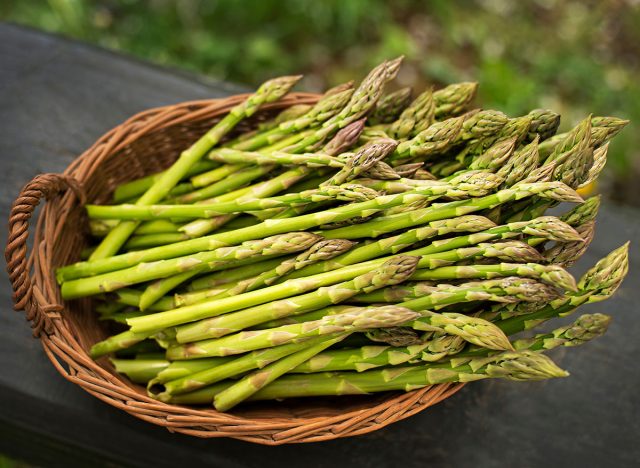

Asparagus is another vegetable full of helpful nutrients, so try oven roasting some or throwing them on the grill!
READ RELATED: Expert warns cannabis use could increase the risk of psychiatric disorders
“Asparagus contains vitamins, minerals, fiber, and other nutrients that can help keep your heart healthy. Rich in folate, asparagus also helps lower homocysteine levels in the body, which may reduce your risk of heart disease by improving circulation,” says Janet Coleman, RD, a registered dietitian with The Consumer Mag.
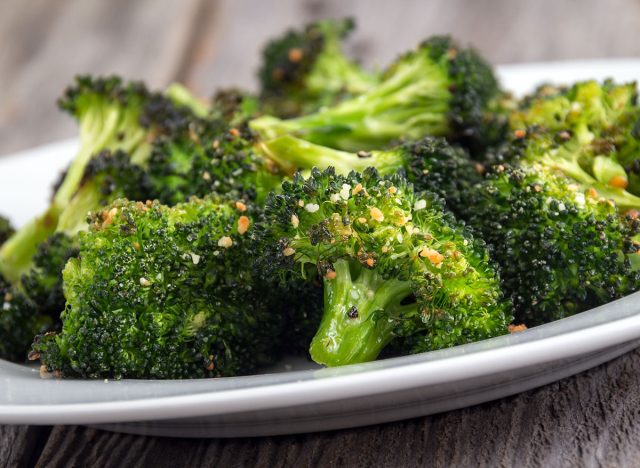

Broccoli is versatile, delicious, and full of heart-healthy nutrients for helping you manage your cholesterol.
“Broccoli is another great vegetable for lowering cholesterol because it has high levels of fiber and vitamin C. Broccoli also contains beta-carotene, which helps prevent oxidation of LDL cholesterol (the bad kind) in the bloodstream,” says Coleman.
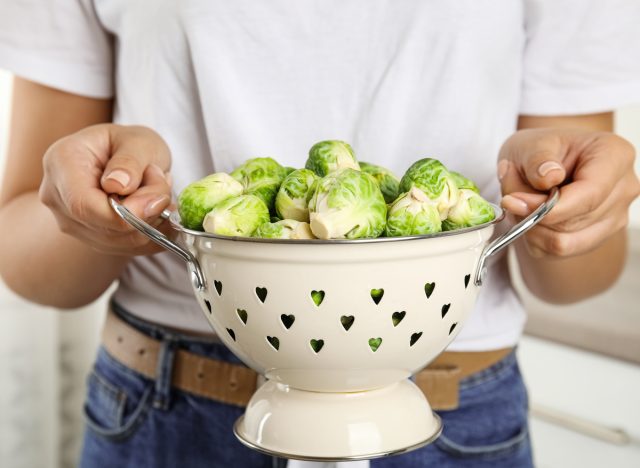

Brussels sprouts aren’t loved by everyone, but for those who are fans of this vegetable, try incorporating more for a healthier heart!
“Brussels sprouts are packed with antioxidants and anti-inflammatory properties that help protect against heart disease. They’re also an excellent source of vitamin C, which helps maintain healthy blood vessels and thereby lowers blood pressure,” says Coleman.
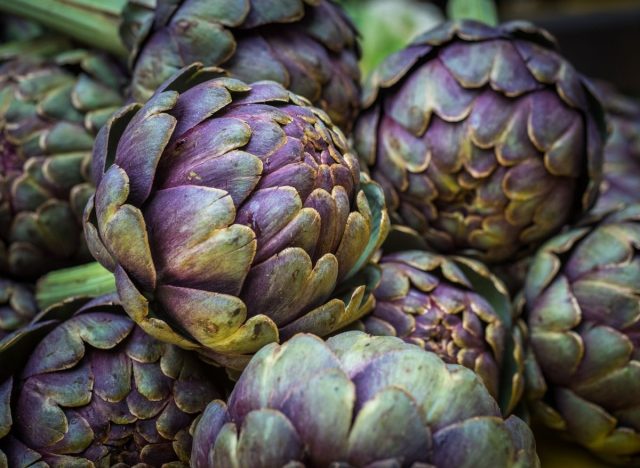

Artichokes aren’t as common as other vegetables like broccoli or spinach, but they’re full of vitamins and minerals that may help in managing cholesterol.
“Artichokes are high in fiber, magnesium, and antioxidants such as vitamin C and beta-carotene. They also contain vitamin K, which helps prevent blood clots from forming inside the arteries. Artichokes may also help reduce inflammation throughout the body,” says Coleman.
Source:











